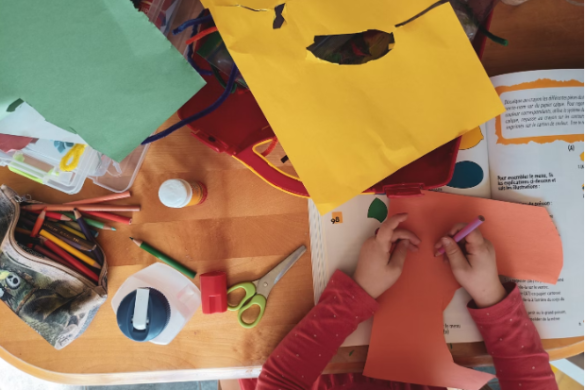
Many children are fortunate to grow up in homes with all of their basic needs being met and being cared for by parents who love them. It sets a good foundation for their future as adults. Other children, however, aren’t always as lucky.
Some children grow up in broken homes. There may be issues with addiction in a parent or relative, health issues, or other concerns. These children have a hard time understanding what normal life really is. In certain situations, the children end up in foster care.
Foster care is meant to be a temporary solution, until the issues in the child’s home life are resolved. There are many families who open their homes and their hearts to foster children every year. They can give a child hope and encouragement when they had none. However, being a foster parent can take some time. According to Tahir Khan from PerpetualFostering, there are thousands of requests throughout England for foster carers but just not enough families for the children.
There are many agencies that handle foster care. You can read more online about the qualifications that are needed to become a foster parent, get advice on what to prepare for, read about real-life experiences of foster parents and foster children and find out about foster children in your area.
Here are a few ways to deal with foster children:
1. Make a space in your home for them
One of the first things you should do before welcoming a foster child into your life is to make space for them. Have a room ready for them equipped with some essentials: a bed, chair, desk, clothes and other supplies. It should be a safe place for them. When they arrive, let them know that room is their personal space. Ask them if there’s anything else they could use or need. Little gestures like this can help make the transition more comforting for the child.
2. Have realistic expectations
Some children coming from foster homes have experienced mental or physical abuse from their parents, siblings or other adults in their lives. Their behavior may seem erratic or irrational at times. Realize that the adjustment period may not be easy for them, and keep a positive attitude and an open mind. It’s okay to set ground rules, but keep your expectations realistic. The child is entering an environment that’s often totally different than what they were used to. It can take some time for them to become accustomed to their new surroundings and their foster family.
3. Keep the communication lines open
Communication is very important for all families. Foster families are no different. You may want to talk to the foster child a lot when they first move in. Be prepared for some resistance at first. They may regard you as a stranger. Keep the communication lines open with them and the rest of your family members. The child usually needs time to adjust to their new life and it can be a while before they open up to you. With enough patience and encouragement, they will soon start to feel like a regular member of the family. Include them in special events and ask their opinion or advice on ideas for family outings or special events.
These are just a few basic tips to keep in mind when you are considering becoming a foster parent. It’s a great way to give a child a chance at a better life. Just keep in mind that it’s a lot of work. You also have to consider how it will affect your spouse or partner, other children and other relatives as well. It can be a roller coaster of emotions, some days, but it is worth all of the trials and tribulations. Fostering a child builds bonds that can last a lifetime.









